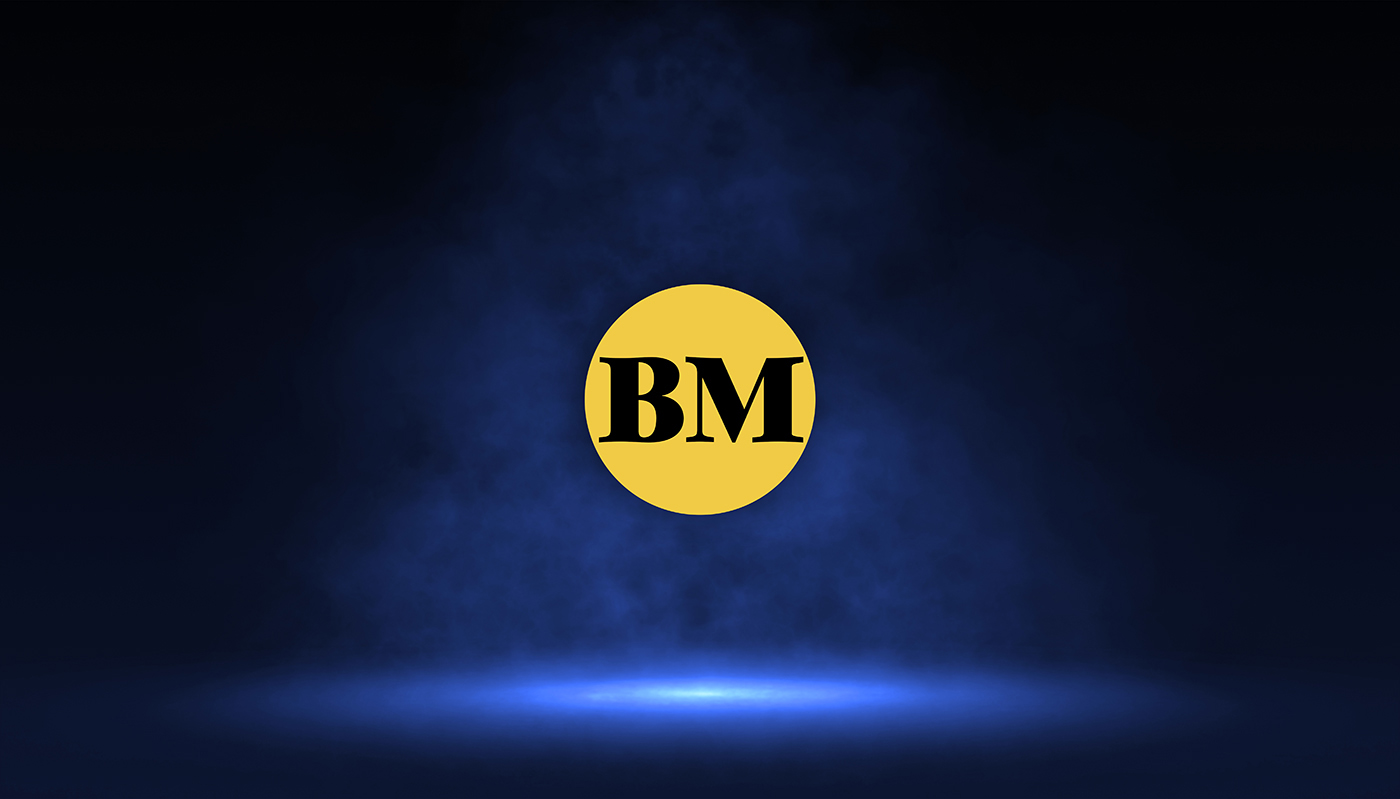
Only pure electric vehicles (EVs) will enjoy zero tariffs as the government is keen on attracting more investments in the EV industry, according to an official of the Board of Investments (BOI).
BOI Managing Head and Trade Undersecretary Ceferino S. Rodolfo said hybrid vehicles were excluded from the planned zero-tariff policy for EV as it does not strictly require charging stations.
“They were saying before that we want to develop infrastructure, the charging stations. The problem with hybrids, most of them will not need any charging station,” Rodolfo said in a mix of English and Filipino during a recent virtual press briefing.
“So, the charging stations will not be developed if we prefer to include hybrid. While if it’s pure, [EVs], it will spur investments through the charging stations,” he added.
The BOI official, who is also the Department of Trade and Industry’s (DTI) undersecretary for industry development and trade policy group, noted that DTI Secretary Alfredo E. Pascual is more interested in the manufacture and assembly of EVs.
Rodolfo said Pascual is keen on developing and adding value to the country’s natural resources.
He said the Philippines must also leverage its strength in software development and electronics manufacturing.
While the BOI is reluctant to include hybrids in the zero-tariff plan, Rodolfo said the National Economic and Development Authority (Neda) Board will include a “review clause” in the EO.
“So after one year, we’ll review the coverage of the products in the executive order,” the Trade official added.
Last month, Socioeconomic Planning Secretary Arsenio M. Balisacan announced that the Neda Board had endorsed a new EO on electric vehicle tariffs to President Ferdinand R. Marcos Jr.
“The EO will temporarily reduce the most-favored nation [MFN] tariff rates to zero percent for five years and completely built-up or CBU units of certain EVs, except for hybrid-type EVs,” Balisacan said.
Currently, Balisacan said the tariff for e-vehicles range from 5 percent to 30 percent.
The zero-tariff policy will cover EVs, such as passenger cars, buses, mini buses, vans, trucks, motorcycles, tricycles, scooters and bicycles among others.
It will also reduce the tariff for certain component parts of EVs from 5 percent to 1 percent for 5 years.
However, the pending EO will exclude hybrid vehicles, which makes use of an electric motor and a traditional combustion engine, for now.
“We will review the performance of this reform after one year to see if there is a need to also include the hybrid,” Balisacan said.
Foreign business groups in the country had made a pitch for the inclusion of hybrid cars to in the government’s planned zero duty on the importation of EVs.
European Chamber of Commerce of the Philippines (ECCP) President Lars Wittig said during the press conference for the 11th Arangkada Forum two weeks ago that they applaud the government for the said initiative as it is the first country in Asean to allow zero tariffs on electric vehicles.
However, Wittig said “we would also like to include hybrid, gas and not only from within Asia or Asean but also from Europe.”
Korean Chamber of Commerce Philippines Executive Director Hyun Chong Um also supported the zero-tariff importation privilege, saying it will “level up” the Philippines’s automotive industry.
